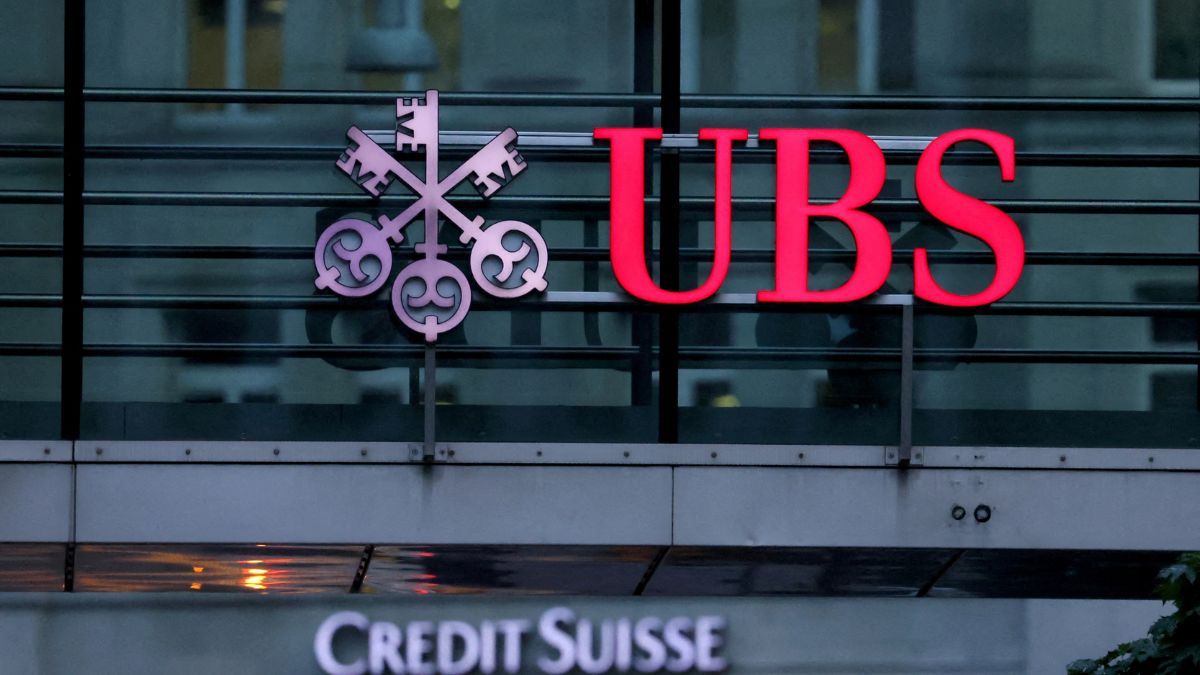UBS Global Wealth Management has raised its forecast for the likelihood of a U.S. recession to 25% from 20%, citing recent economic data that highlights underlying weaknesses. The adjustment follows softer jobs growth and July’s unemployment figures, which have intensified concerns about a potential economic downturn.
In a note issued on Monday, UBS maintained its base case for a “soft landing” scenario, where consumer spending plays a crucial role in determining economic growth. Despite this, the brokerage described the economic outlook as “cloudy,” reflecting increased uncertainty about future economic conditions.
Earlier this month, J.P. Morgan revised its recession probability to 35% by year-end, citing easing labor market pressures as a key factor. In contrast, Goldman Sachs revised its forecast, lowering the likelihood of a recession over the next 12 months to 20%.
Recent data from the U.S. Department of Labor revealed a significant downward revision in total payroll employment, with an adjustment of 818,000 for the period from April 2023 to March 2024. This revision indicates that U.S. employers had added fewer jobs than initially reported. Additionally, the unemployment rate surged to a near three-year high of 4.3% in July, coupled with a marked slowdown in hiring. These factors have heightened fears that the labor market is weakening, potentially increasing the risk of a recession.
Amidst these developments, expectations for a rate cut by the U.S. Federal Reserve have intensified. Chair Jerome Powell signaled last Friday at the Jackson Hole symposium that a reduction in rates might be imminent, with a potential cut of up to 50 basis points in the September meeting. Brian Rose, senior U.S. economist at UBS, emphasized the importance of continued income growth to sustain consumer spending.


